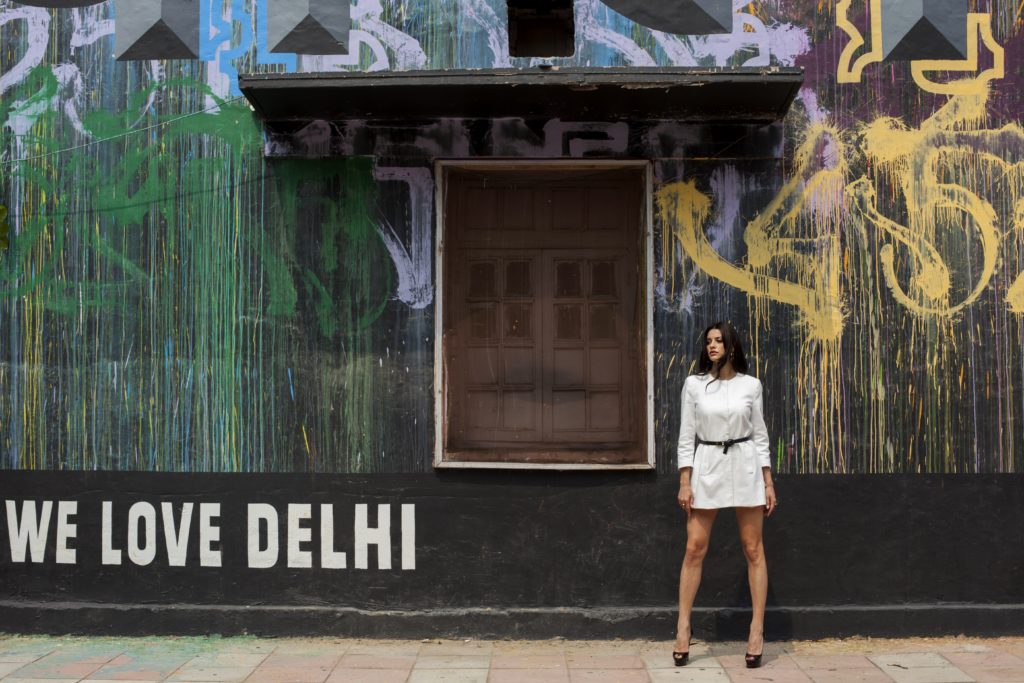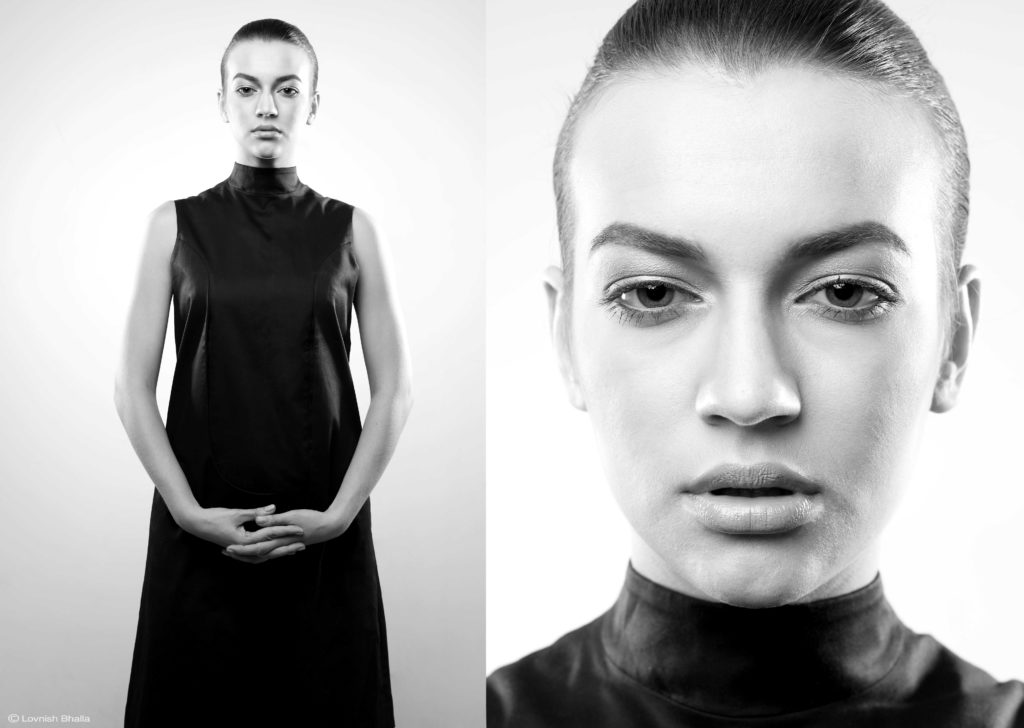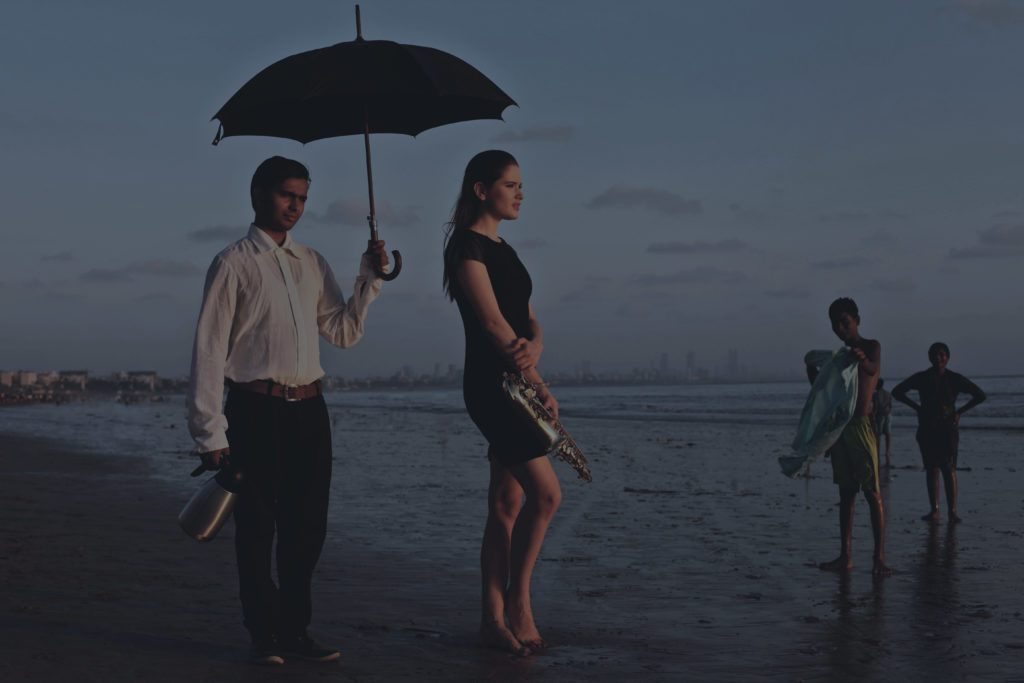Mar 6th 2019
What drew you to photography?
Unlike most of my peers, I never exercised photography as an academic subject of interest but rather a vocational skill I was required to learn at my first gig in Delhi, India. I was hired by a studio to be an operator, and that is the first time I ever held a camera. What ensued thereafter was a surreal, almost primal need to understand the subject, making them feel comfortable in an otherwise daunting studio set-up.
I was invested in understanding the inter-personal dynamics between the camera and the subject, without fully learning the technical workings of a camera. And to this day, I hold that as my most prized investment; something that I think distinguishes me from the other photographers in my network.

Where do you look for inspiration?
I personally feel like it is harder to find inspiration when you are looking for it. So instead, I wait for it. Patiently. However, I yearn to find stories in settings, in people, in everything in between.
Aside from this philosophical rant, I have been hugely inspired by Nigel Barker, Eugenio Recuenco, Annie Leibovitz, and Steve McCurry. They were hugely influential in my formative years. Also, I feel humbled when I look at their work, and this humility has inspired me to do some of my best work.
What type of cameras do you use
Canon 5D Mach ll along for all my personal and commercial work. And of course, I love using my iPhone 7 as an everyday sartorialist. That said, I love exploring new builds and makes, formats, and lenses because the moment is more important than the maker.

Are there any photography projects you are especially proud of?
Apart from my commercial endeavors in the fashion advertising sector, I get most excited about meeting new subjects -- the people I meet, the conversations I have with them.
The world has defamed those expressive like me, calling us names like "loud" and "talkative". But I think being a thorough-bred conversationalist helps me carve out a comfort zone for my subjects.
To help them share, express, pose, almost as if I were the camera and the camera was me. A friend. I believe the best kind of "framing" is friendship.
How is print part of your creative process?
Printing is subjecting my work to critique. Mostly self-inflicted. As a photographer, it is a reminder that I need to improve. A little better than the last one, I hung on the wall.
Printing is also a sacred process. To this day, I get nervous every time I print one. It is like childbirth. Good or bad, you have to love it, respect it.

What has been your biggest challenge pursuing a career in photography?
Photography is one of those commercial arts, where everyone with a camera thinks they are a photographer.
The arduous part is finding a style that sets you apart. To define my own style has been a challenge; and to consistently deliver on it, has been even harder. Especially, as the capitalistic grips make it more of a business than the art I fell in love with.
What advice would you give to someone starting a career in photography?
Practice patience -- there is nothing called the magic hour.
Stay consistent -- don’t be like your new year resolution that doesn’t last a new minute.
Keep it authentic -- cast a little bit of you in everything you shoot.




